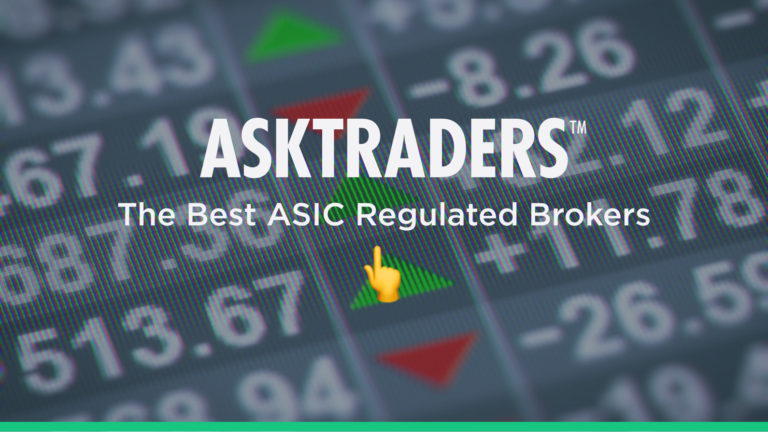
Using a regulated broker is possibly one of the most important trading decisions you’ll make. There are unfortunately a lot of scams and scammers operating online and a trading profit isn’t worth anything if you don’t ever get your money back. Reports of unscrupulous brokers disappearing overnight are all too common and it can be hard establishing what is the best approach to stay safe.
Regulatory authorities, which police the financial markets, have adopted a carrot and stick approach. The stick includes punishments for unscrupulous and fraudulent firms and individuals. The carrot is that they operate systems where bona fide and well-run businesses can apply to be regulated and gain a rubber stamp of approval.
#1Pepperstone
 What We Liked
What We Liked
- Melbourne-based but with global scope.
- Forex specialist, but offers a wide range of other global instruments.
- Great 30-day demo account, which is free to use.
- No hidden costs, no deposit fee, no withdrawal fee, no inactivity fee.
- Strong trading architecture ensures low-cost and reliable trade execution.
- Online learning tools such as webinars and videos are ideal for beginners and great for trading ideas.
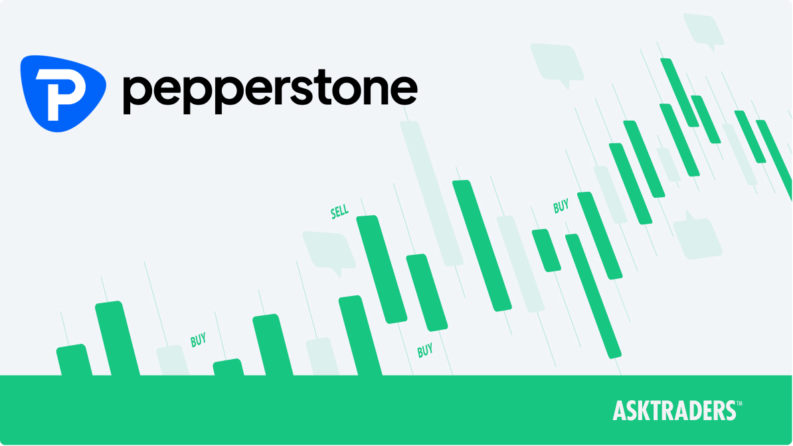
Pepperstone Group Limited is authorised and regulated by ASIC. Address: Level 16, Tower One, 727 Collins Street, Melbourne VIC 3008.
#2eToro
 What We Liked
What We Liked
- Easy to use functionality — great for beginners.
- Market leader in copy trading and social trading with thousands of traders to choose from.
- More than 13 million existing clients.
- Clients can buy crypto outright.
- Free demo account.

eToro AUS Capital Limited is regulated by the Australian Securities & Investments Commission (ASIC), Australian Financial Services Licence number 491139.
eToro Australia, having its registered office at Level 19, 9 Hunter Street Sydney NSW 2000 Australia.
#3Plus500 (CFD provider)
 What We Liked
What We Liked
- Transparent pricing. Tight spreads and no additional execution commissions.
- Zero fees charged on rolling positions, live price feeds, charting packages and cash deposits and withdrawals.
- The option to upgrade risk management and use guaranteed stop losses.
- User-friendly trading platform with great graphics and intuitive functionality.
- Free demo account.
- Trade forex, indices, crypto, commodities, shares, options and ETFs.
- Great learning materials, including the broker’s ‘Trading Guide’, which is ideal for beginners.
- News and research on markets offers up lots of trading ideas.
- Affiliate scheme options available for those looking to generate a secondary income stream.
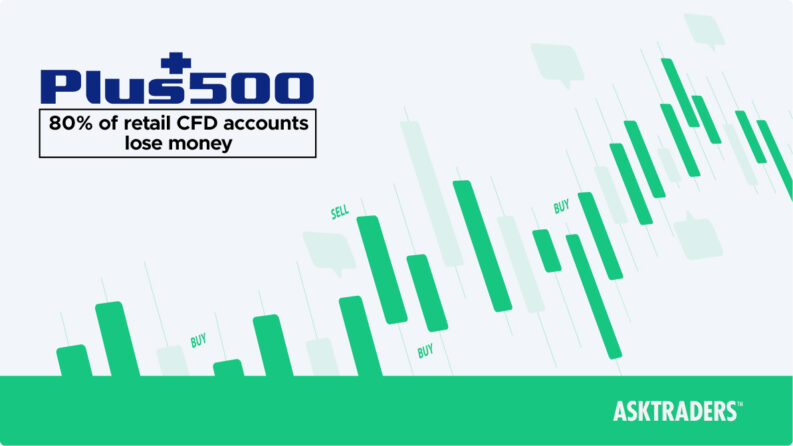
Plus500AU Pty Ltd is licensed by ASIC and holds AFSL license #417727.
Address: Plus500AU Pty Ltd, P.O. Box H339, Australia Square, Sydney, NSW 1215, Australia.
#4AvaTrade
 What We Liked
What We Liked
- A global broker with a reputation for integrity and fairness.
- Appeals to novices, intermediate-level traders, and professional traders.
- Operating since 2006, but still has an appetite to continue innovating to improve client services.
- Winner of the No. 1 Innovation award at the 2021 Forex Broker Awards.
- High-quality multi-lingual customer service available around the clock.
- Free demo account.
- MT4, MT5 and in-house platforms, AvaTradeGO, AvaSocial and AvaOptions to choose from.
- Competitive spread and leverage offering.
- More than 1,250 markets available in indices, commodities, shares, forex, cryptocurrency, bonds, vanilla options and exchange-traded funds (ETFs).
- A 4.8 / 5.0 rating on Trustpilot.
- Great mobile app provisions. Winner of the Best Trading App award at the 2021 Daytrading Awards.
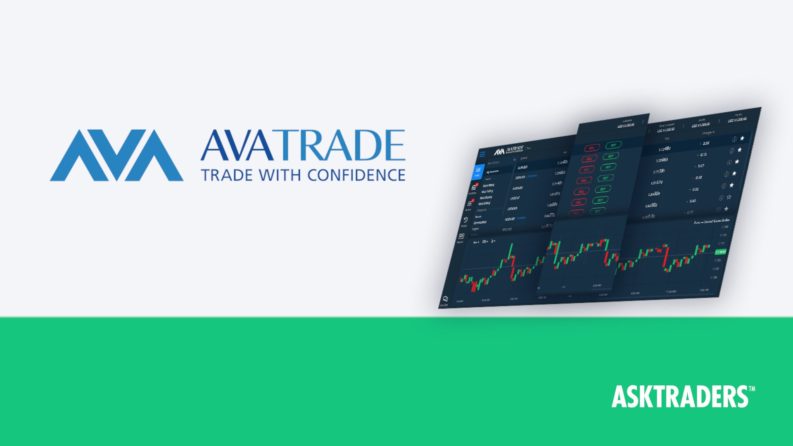
AvaTrade is one of the best regulated brokers in the market and operates globally under license from Tier-1 authorities, including FCA (UK), FSRA (Abu Dhabi), FSCA (South Africa), the FSA in Japan and the Central Bank of Ireland.
Ava Capital Markets Australia Pty Ltd is regulated by the ASIC and operates under license number No.406684. Client funds are held in segregated accounts so that in the unlikely event AvaTrade fails, client funds are protected.
#5Admirals
 What We Liked
What We Liked
- Global broker that has been operating since 2001.
- A dedication to developing the trading skills of its clients. Take advantage of the broker’s many educational programmes.
- Choose from a range of accounts with various base currencies so that you don’t incur currency exchange costs.
- Customer support, including live chat and phone.
- Hot on security. Including two-factor authentication.
- Fast execution speeds due to Admiral’s servers being located close to trading exchanges.
- Market coverage includes forex and CFDs on indices, metals, energies, agricultures, stocks, ETFs and bonds.
- MetaTrader MT4 and MT5 platforms.
- Lots of add-ons such as affiliate programs and white label partnerships.
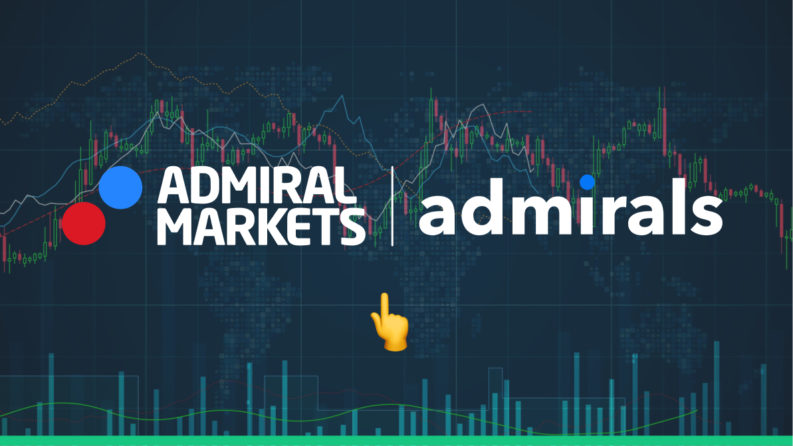
Regulatory details as per the Admirals Australia website: “Admiral Markets Pty Ltd (ABN 63 151 613 839) holds an Australian Financial Services Licence (AFSL) to carry on financial services business in Australia, limited to the financial services covered by its AFSL no. 410681. The information on the Admiral Markets Pty Ltd`s website (www.admiralmarkets.com.au) is not directed at residents in any country or jurisdiction where such distribution or use would be contrary to local law or regulation”. (Source: Admirals)
#6IC Markets
 What We Liked
What We Liked
- Sydney-based, offering exposure to global markets in forex, indices, commodities, bonds, and equities.
- Institution-grade trading infrastructure — fast, reliable, low-cost trade execution. 24/7 customer support.
- A choice of three market-leading trading platforms.
- Offers affiliate and white label programs and other partnership-based schemes for those looking to develop non-trading income streams.
- Carries out additional external audits to monitor and improve its levels of service and ensure regulatory compliance.
- Founded in 2007.
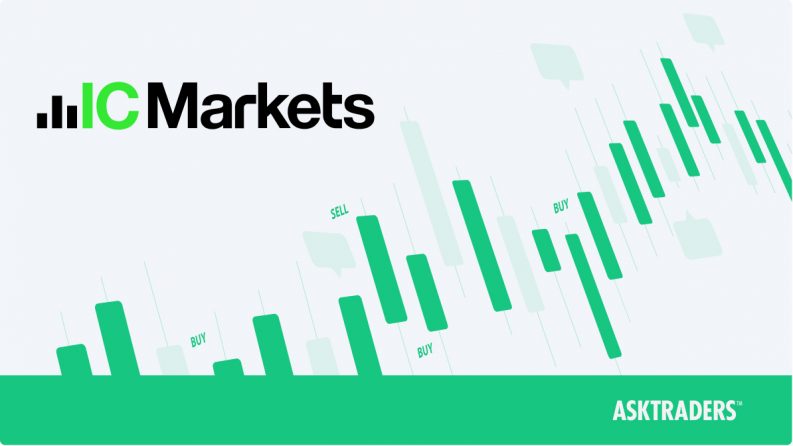
International Capital Markets Pty Ltd (ACN 123 289 109), trading as IC Markets, holds an Australian financial services licence (AFSL No. 335692). Address: Level 4/50 Carrington St, Sydney NSW 2000, Australia.
#7FP Markets
 What We Liked
What We Liked
- Tight trading spreads and super-fast execution.
- Minimum account opening balance of $100.
- Micro-lot trading.
- ECN trading and VPS hosting ensures trades are executed in deep liquidity pools.
- 24/5 customer support contactable by phone, live chat and email.
- Flexible leverage terms.
- Great market commentary and research — including ‘The Week Ahead’ report.

FP Markets is regulated by the Australian Securities and Investment Commission (ASIC) Australian Financial Services Number – 286354.
The company holds an Australian Financial Services Licence (AFSL) and is fully licensed to provide financial services.
Address: First Prudential Markets Pty Ltd, Level 5, Exchange House 10 Bridge St, Sydney, NSW 2000, Australia.
#8IG
 What We Liked
What We Liked
- Multi-asset broker offering more than 13,000 markets including more obscure assets such as bonds, options and ETFs.
- Market-leading proprietary trading platform and alternative option of MT4.
- Research and analysis materials hard to beat in terms of quality and quantity.
- Free demo account.
- Customer support is available seven days a week.
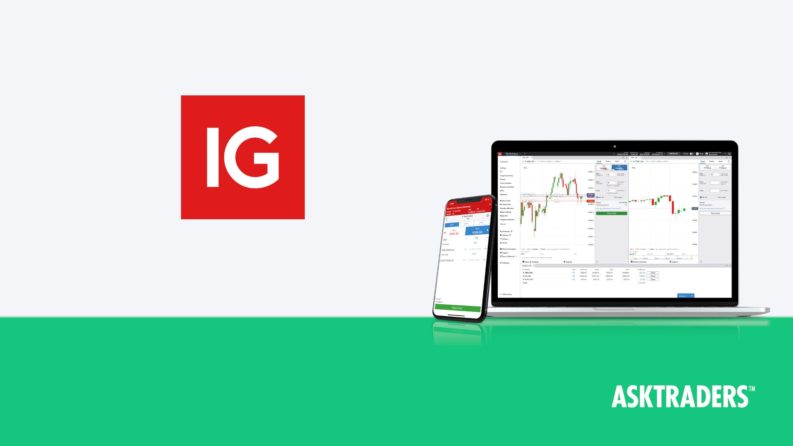
Australian CFD accounts (opened pursuant to IG’s Margin Trading Australian Customer Agreement), opened prior to 15 November 2020 are also provided by IG Markets Limited.
Australian CFD accounts opened from 15 November 2020 are provided by IG Australia Pty Ltd. Address: Level 15, 55 Collins Street, Melbourne VIC 3000. ABN 93 096 585 410. This entity is authorised and regulated by ASIC and has Licence No. 515106.
#9XM
 What We Liked
What We Liked
- A global broker offering 16 different trading platforms.
- Low-cost trading on a user-friendly website.
- Free demo account.
- More than 30 languages supported.
- 3.5 million clients from 196 countries and countless industry awards.
- Great for beginners but professional-grade trading — VPS, fractional pip pricing, zero spreads.
- Works closely with clients to develop trading skills.
- Low-cost and user-friendly — ideal for beginners.
- Awarded as Global Forex Broker of the Year by Global Forex Awards 2020.
- Awarded as Best Online CFD & FX Trading Broker – Global by Global Business Awards 2020.
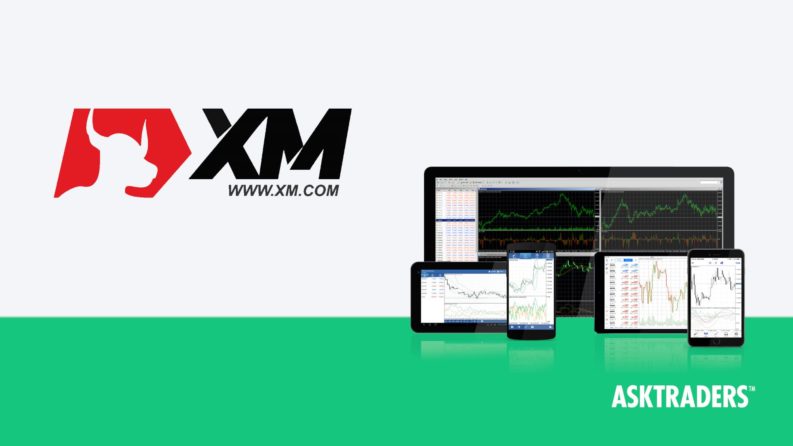
Trading Point of Financial Instruments Pty Ltd is authorised and regulated by the Australian Securities and Investment Commission (AFSL 443670).
Address Level 13, 333 George Street, Sydney, NSW 2000, Australia.
#10FXCM
 What We Liked
What We Liked
- A global broker that has been established for 20 years.
- Access to the highly-regarded Trading Station platform and tight trading spreads.
- High-quality add-on services such as Ninja Trader, Trading View, Capitalise All and Trading Signals.
- Free SMS trade alerts and online live classrooms to develop trading proficiency.
- Transparent reporting with data willingly shared on topics such as slippage, which show how efficient the firm’s operations are.
- Free demo account.
- Accesses deep liquidity pools with trading relationships with UBS, Barclays, Citi, Morgan Stanley and other big banks.
- Winner of the Investors Chronicle Top Rated 2020 Forex Trading Platform award.
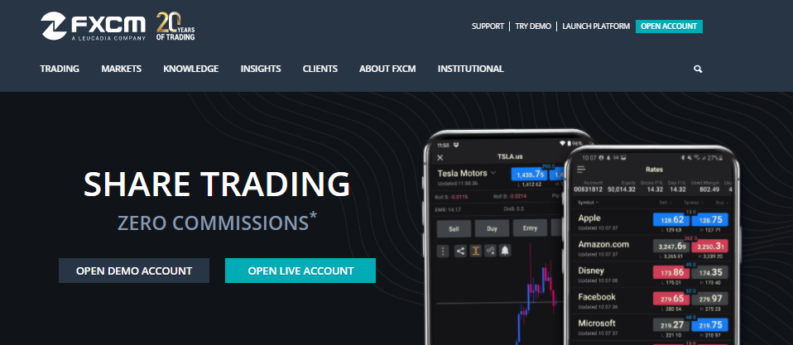
FXCM Australia Pty. Limited is the holder of an Australian Financial Services Licence (number 309763) which was issued by the Australian Securities and Investments Commission (‘ASIC’) in Australia.










